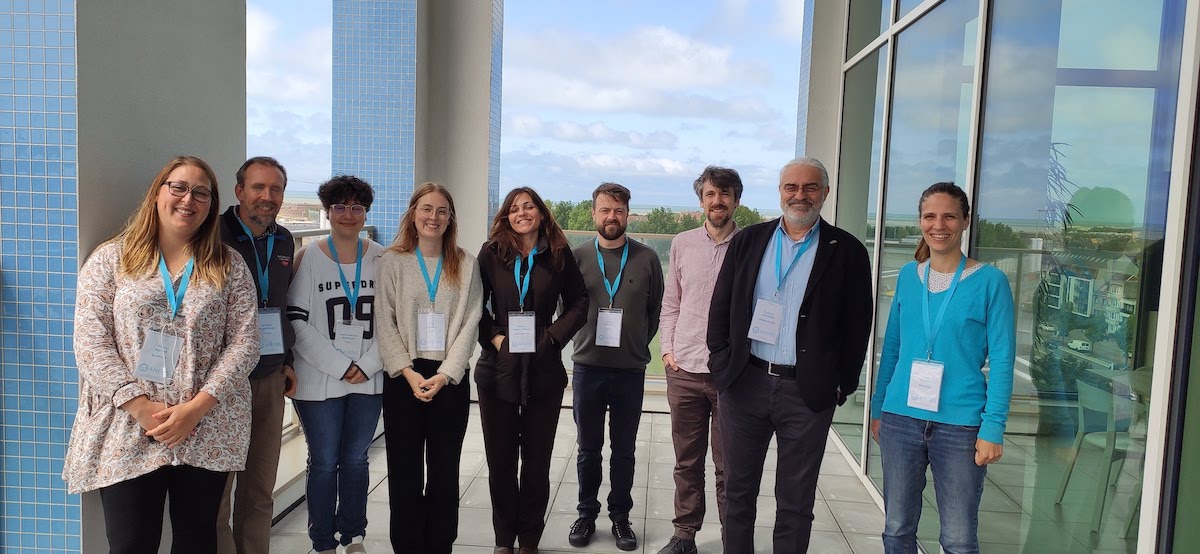
The ANERIS consortium, whose vision is to protect marine and coastal biodiversity through technological and scientific innovation, held a workshop at the InnocOcean Campus of the Flanders Marine Institute in Ostend, Belgium, 30-31 May 2023. The purpose of the two days was to explore the available genomic workflows currently used by the participating ERICs and associated partners and to share experiences.
Officially launched under the Horizon Europe programme on 21 March this year, ANERIS – whose 25 project partners from 13 different countries include LifeWatch ERIC – is coordinated by the Spanish Institut de Ciènces del Mar. At a time when marine and coastal biodiversity are under serious threat because of human activities, climate change and other factors, the four-year ANERIS research project seeks to protect these ecosystems by creating, testing and implementing the next generation of scientific tools and methods for marine life-sensing and monitoring.
LifeWatch ERIC’s participation in the Genomic Technologies workshop consisted of CEO Christos Arvanitidis and International Initiatives & Projects Manager, Cristina Huertas presenting a study and sampling design, including different hypotheses of which marine communities could be considered (e.g. intertidal, planktonic, benthic), which components to include (i.e. molecules), what type of information to collect, the scale of the sampling, etc..
These would be applied to two case studies within ANERIS project, by integrating learnings from previous initiatives, and connecting with other EU projects (Marbefes, Marco Bolo, BioDT,) and Open Science databases (WoRMS, GBIF). They also contributed to other discussions during the workshop on bioinformatics, sampling and the wet labs protocols.